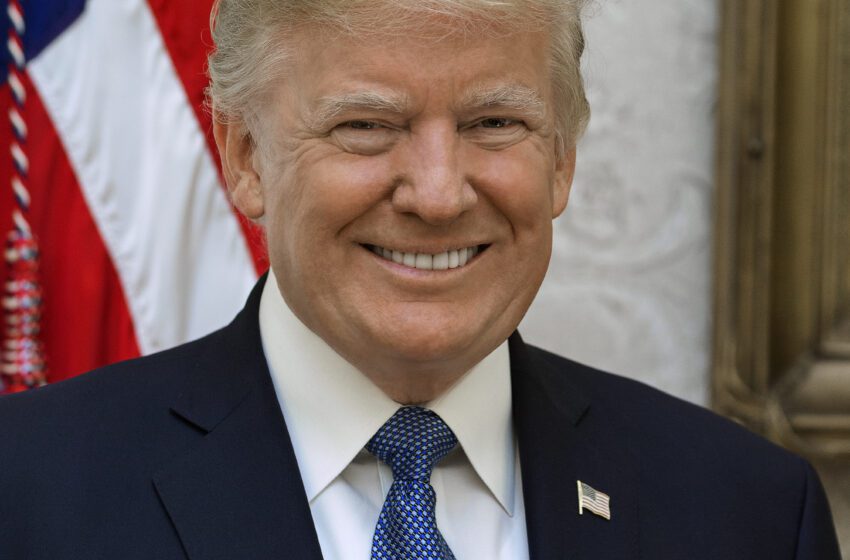The Trump administration has proposed stripping the U.S. Food and Drug Administration (FDA) of all authority to regulate vapor and tobacco products, according to budget documents released Monday.
Under the budget proposal, a new agency would be created within the Department of Health and Human Services dedicated solely to regulating tobacco, including e-cigarettes, according to an article on statnews.com.
It’s a striking proposal that directly bucks the will of both Congress and the FDA.
The FDA first tried to regulate tobacco products in the 1990s, but that effort was blocked by the Supreme Court. In response, Congress formally gave the FDA power to regulate tobacco in 2009. The agency, however, has faced bipartisan criticism in recent years for its inability to stem the tide of rising youth vaping rates and its related struggle to contain a mysterious vaping-related illness that has killed at least 60, according to the article.
In the budget proposal released Monday, the Trump administration appears to directly criticize the FDA’s progress regulating tobacco. The new tobacco agency would be created “in order to increase direct accountability and more effectively respond to this critical area of public health concern,” the administration writes.
Trump’s budget toes a similar line.
“A new agency with the singular mission on tobacco and its impact on public health would have greater capacity to respond strategically to the growing complexity of new tobacco products,” the budget states. “This reorganization would allow the FDA Commissioner to focus on its traditional mission of ensuring the safety of the Nation’s food and medical products supply.”
Grogan’s comments were widely panned by FDA allies, including former FDA Commissioner Scott Gottlieb, who said at the time that regulating tobacco was “one of the most productive uses of my time as FDA Commissioner,” the story states.
The proposal is a break from previous Trump budgets, which have called for greater funding of the FDA to tackle the youth vaping epidemic. Last year’s budget called for the FDA to collect $100 million in so-called user fee funds from e-cigarette manufacturers to pay for the FDA’s tobacco work.
The Trump administration would likely need congressional authorization to enact such a sweeping proposal. It’s unclear how Congress will respond to this request, but the president’s budgets are rarely enacted by Congress. Instead, they serve as a blueprint for the president’s policy priorities.

